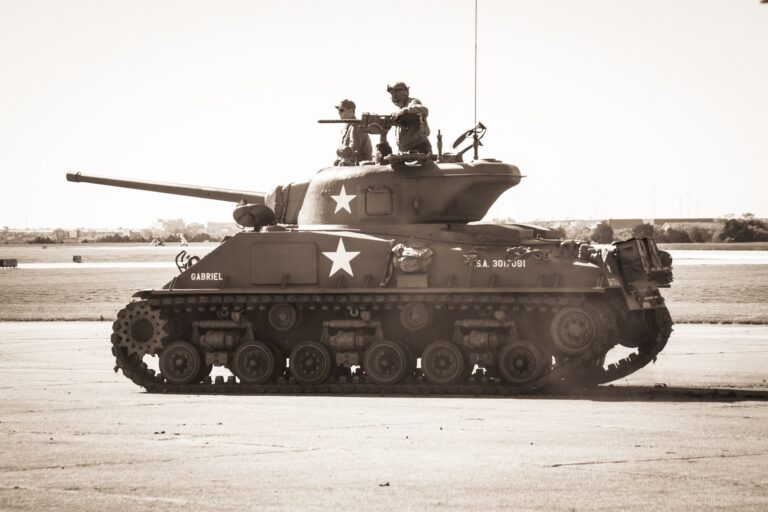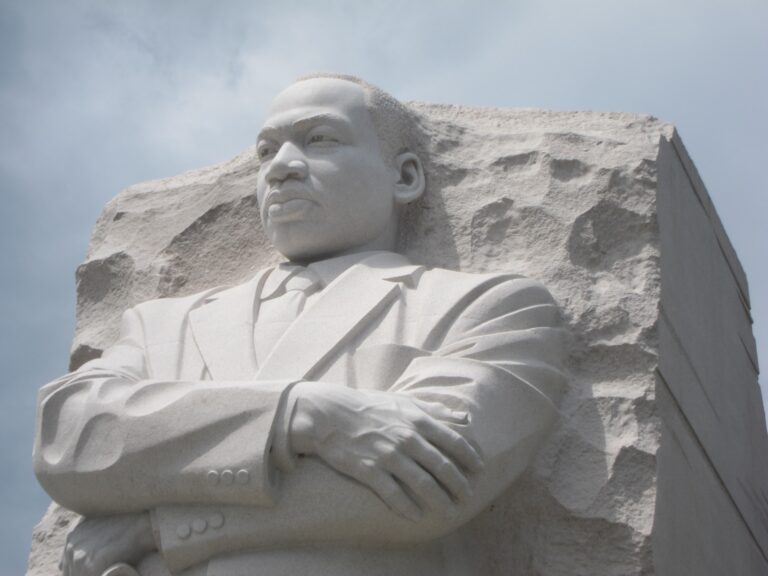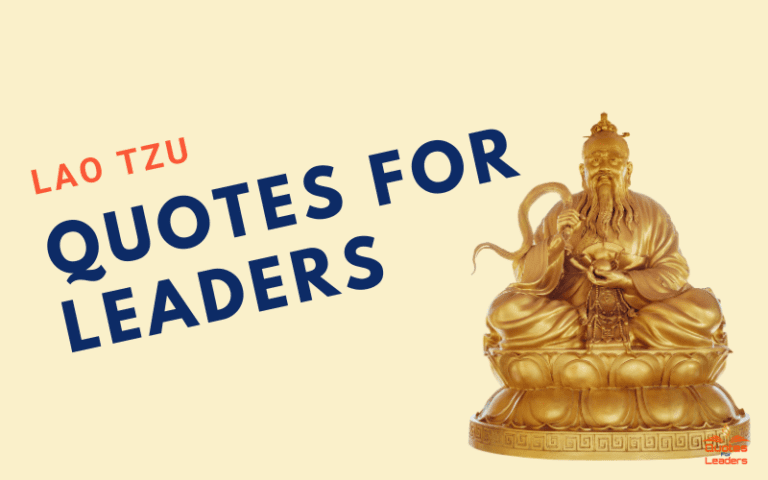Leadership Quotes From Ancient Indian Emperor Harsha

Today we continue our series of leadership quotes from Antiquity. We’ll explore quotes from Ancient Indian Emperor Harsha.
I’ve attempted to verify Harsha as the author of these quotes. It is possible that some quotes attributed to Emperor Harsha are misattributed. If you feel that’s the case, let me know.
Let’s begin!
Harsha was an Indian emperor who ruled the Northern Kingdom from 606 to 647 AD. He was born in 590 AD to King Prabhakarvardhana and Queen Yasomati. After his father’s death, Harsha ascended to the throne at the age of 16 and embarked on a series of conquests to expand his empire.
Harsha was known for his administrative and military skills, as well as his patronage of the arts and literature. He was a Buddhist and is credited with organizing the first-ever Buddhist council in India.
Harsha Quotes About the Role of a Leader
“A king should act with justice and righteousness, for he is the protector of his subjects.”
“The welfare of the people is the ultimate aim of a king’s policies.”
“Leadership is not about power, it’s about responsibility.”
“A true leader is one who inspires and motivates others to achieve their goals.”
“Leadership is not about ruling with an iron fist, but about inspiring others to follow your example.”
“A leader should be firm and decisive when necessary, but should also be compassionate and understanding towards his subjects.”
“A true leader is one who is able to adapt to changing circumstances and lead his people through difficult times.”
“A leader should always strive to be just and fair, for these are the qualities that earn the respect and loyalty of his subjects.”
“A leader must have a strong sense of duty and responsibility towards his people, and must always act in their best interests.”
“A leader’s strength is not in his own power, but in the trust and support of his people.”
Harsha Quotes About the Qualities of a Good Leader
“A leader should be humble and open to feedback, for there is always room for improvement.”
“A leader must be compassionate and empathetic towards his subjects, for it is his duty to alleviate their suffering.”
“A leader should have a clear vision and a strategic plan for achieving it.”
“A leader’s legacy is not measured by the wealth or power he amassed, but by the impact he made on the lives of his people.”
“A good leader is one who is able to bring together people from different backgrounds and forge a common goal.”
“A leader should be humble and willing to learn from his mistakes, for this is the only way to grow and improve as a leader.”
“A leader’s success is not measured by his own achievements, but by the achievements of his people.”
“A true leader is one who inspires others to become leaders themselves, and creates a legacy of leadership that endures beyond his own lifetime.”
“A leader should be able to communicate effectively with his subjects, and should always listen to their concerns and feedback.”
“A leader must have a strong moral compass, and should always act with integrity and honesty.”
Harsha Quotes About Leading In Difficult Times
“A leader must always strive to maintain the trust and confidence of his subjects, for it is their support that ultimately determines his success or failure.”
“A leader should be able to inspire hope and optimism in his subjects, even in the darkest of times.”
“A leader should always be willing to make sacrifices for the greater good, and should never put his own interests ahead of those of his subjects.”
“A leader should be able to make tough decisions when necessary, but should also be willing to admit when he is wrong and make amends.”
Harsha Quotes About Motivating and Inspiring Others
“A true leader is one who is able to inspire and motivate others to achieve their goals.”
“A leader should recognize and reward the contributions of his subjects.”
“A leader should be open-minded and receptive to new ideas and perspectives, and should encourage innovation and creativity in his subjects.”
“A leader should be a role model for his subjects, and should always set a positive example through his words and actions.”
“A leader should be able to communicate effectively with his subjects, and should always listen to their concerns and feedback.”
“A leader must have a strong sense of empathy and compassion, and should always be
mindful of the needs and concerns of his subjects.”
I hope you enjoyed this wisdom from Harsha, a 7th-century Indiana Emperor. Which quotes resonated with you?
Leave a comment to let us know.
If you’re interested in knowing more about Emperor Harsha, check out the FAQ below.
Make it a great day!
Harsha FAQ
Here is a FAQ about Harsha, his leadership style, and the leadership lessons he taught us:
Q: Who was Harsha, and why is he known as a great leader?
A: Harsha was an Indian emperor who ruled over the northern kingdom of India from c. 590 AD to 647 AD. He is known as a great leader because of his many achievements, including his efforts to promote Buddhism, his support for the arts and sciences, and his successful military campaigns. He was also known for his kindness and compassion towards his subjects, and his commitment to justice and fairness.
Q: What was Harsha’s leadership style?
A: Harsha’s leadership style was characterized by a strong sense of duty and responsibility towards his people, as well as a deep compassion and empathy for their needs and concerns. He believed that the welfare of the people was the ultimate aim of a king’s policies, and he worked tirelessly to promote the well-being of his subjects. He was also known for his humility, his willingness to listen to feedback and advice, and his ability to inspire and motivate others to achieve their goals.
Q: What are some leadership lessons we can learn from Harsha?
A: There are many leadership lessons we can learn from Harsha. Here are a few:
The strength of a leader doesn’t come from his own abilities but from the trust and support of his people. Harsha knew that his success as a leader relied on his people’s loyalty and support, so he worked hard to gain their trust.
A boss should have a clear goal and a plan for how to get there. Harsha was a creative leader who knew exactly what he wanted to accomplish and created a plan to get there.
A leader should be humble and open to feedback because there is always room for growth. Harsha was a humble leader who was open to feedback and advice, which he used to make himself a better leader.
A leader should care about and understand what his people are going through because it is his job to help them. Harsha was a kind leader who cared deeply about the well-being of his people. He worked hard to make sure they didn’t have to go through any pain.
A boss should be able to get other people to work hard and reach their goals. Harsha was a charismatic leader who could get his people to work together toward a shared goal.
A leader needs to have a strong sense of right and wrong and should always do what is right. Harsha was a leader who always did what was right and fair. He was known for his honesty and ethics.
A leader should be open to new ideas and points of view and should urge his followers to think outside the box and be creative. Harsha was a good leader because he was open-minded and willing to try new things. He also pushed his people to be creative and come up with new ideas.
Overall, Harsha was a great leader who showed things like vision, kindness, empathy, humility, and a strong commitment to justice and fairness. His way of leading is an example for leaders all over the world, and his work is still an example for us today.








